Gwen, our sex-link hen, died last week.
Gene found her in the coop on the floor one night. There were no injuries or outward signs of trauma. I was out of town when it happened but he told he she'd been running around the yard that day with the other girls and exhibited no signs of illness, such as a droopy head and tail.
Unlike our previous hens' deaths, one due to parasites and another due to a mysterious wound, we don't know why Gwen died.
Gwen broke a toe a couple of years ago and subsequently developed an infection. We caught and treated the infection successfully, but she never laid eggs reliably again.
Gwen was one of my favorites. She was friendly, curious, and always at my feet. Whenever I was gardening she was right there with me, looking for earthworms, cutworms, millipedes, and anything else I might unearth. She'd come running any time she saw the shovel and was a frequent visitor to the house. She was no dummy and knew that people = food.
One thing people often ask me is how long chickens live. We got our first batch of girls in May 2008, starting with Gwen, Dumpling (Barred Plymouth Rock), and Nugget (Rhode Island Red). Dumpling died the first year. Nugget is not only healthy as a horse, she's still laying several large eggs each week.
I've heard that chickens can live into their teens. I used to know a woman whose teen-aged hen laid about an egg per month. I suspect that chickens have about the same life expectancy as guinea pigs: perhaps 5-10 years. We've had chickens for 4 years now and this is our first death by natural causes (to the best of our knowledge).
Gwen had a good 4 years with us. We loved her and she us (in her own chicken way). I'm glad we kept her, despite her lack of productivity, because she had such a good personality. She was always gentle, attentive, and interested in our activities.
Rest in peace, girl.
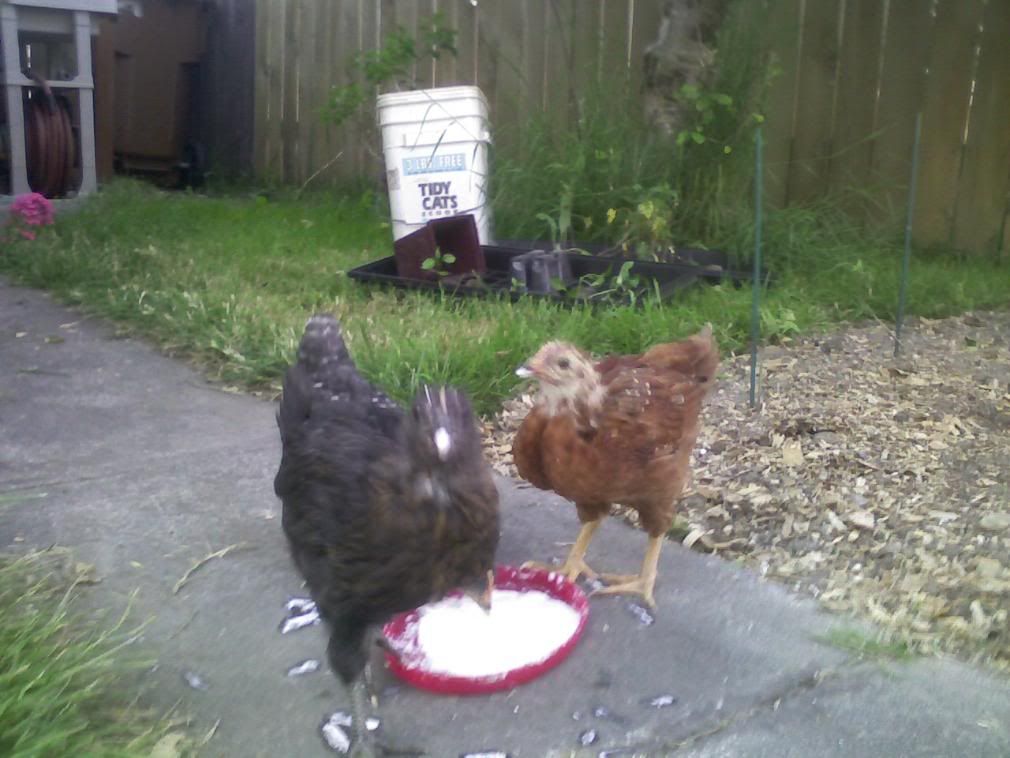
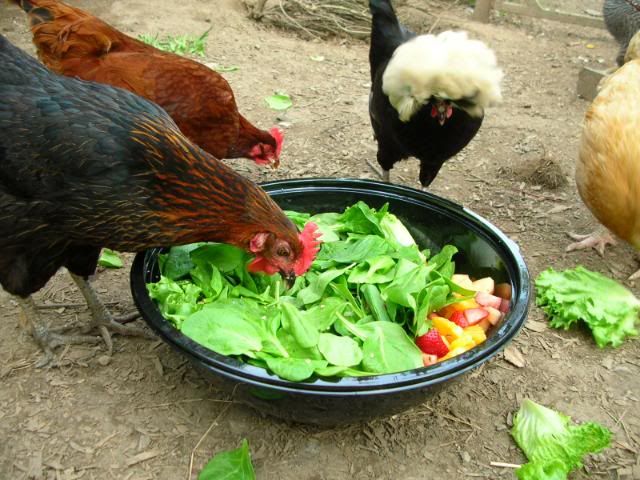
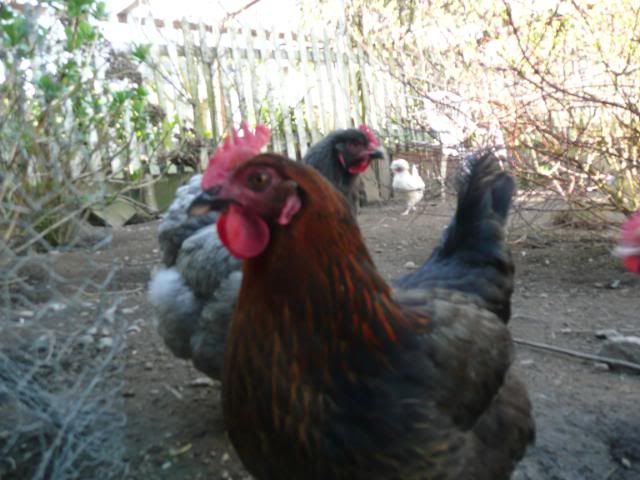
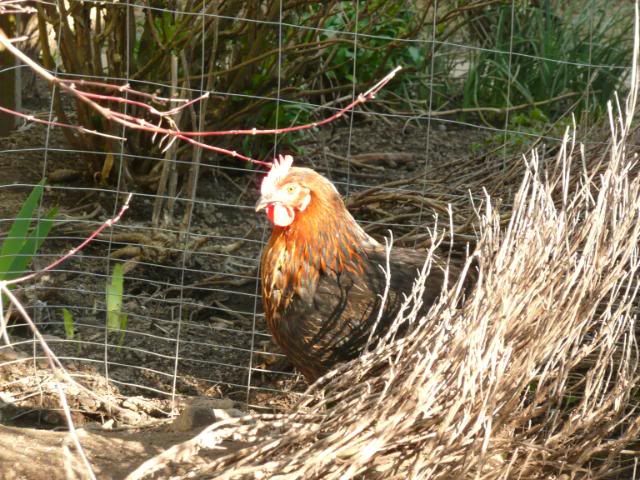
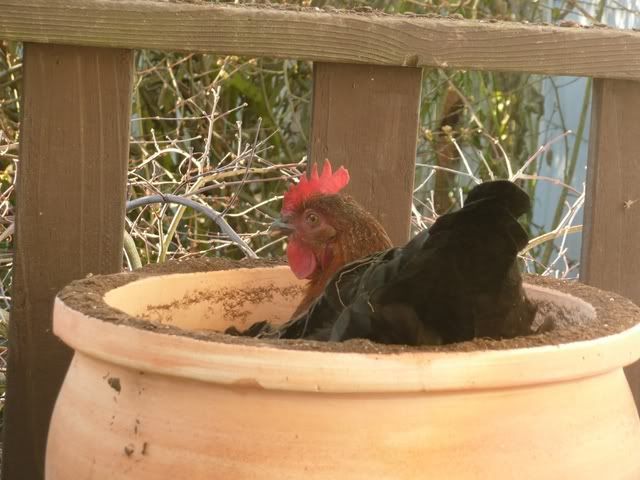
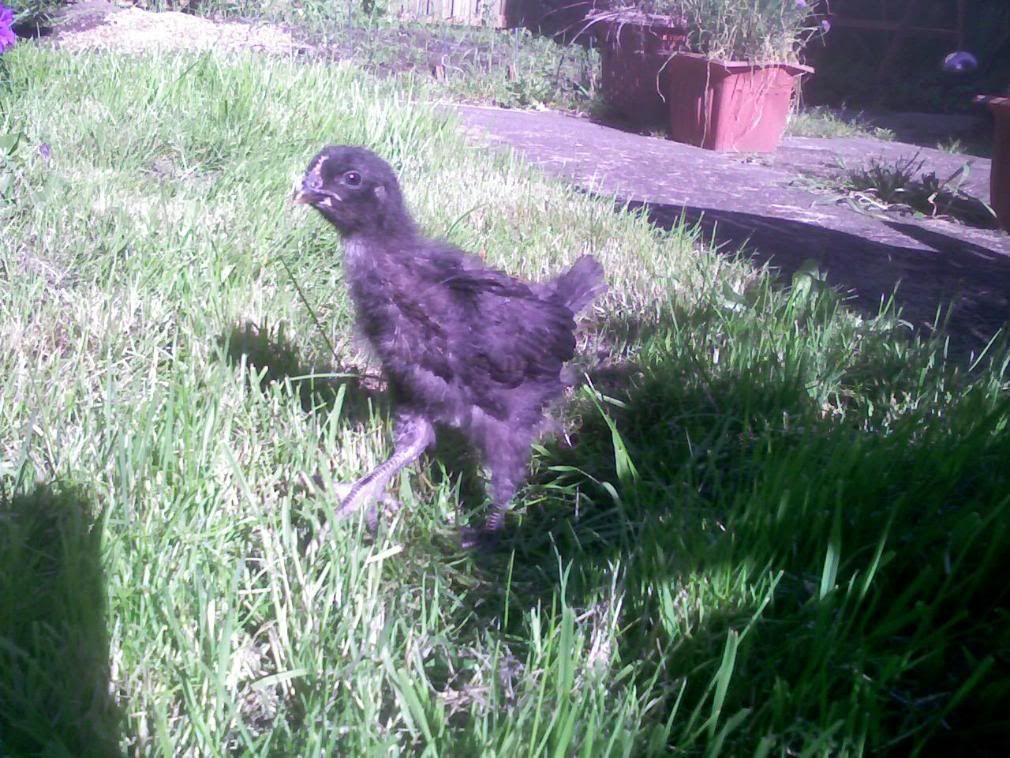
Two or more years ago, we lost a Barred Plymouth Rock hen (Butch) to a predator. A week later, her "running mate," a Rhode Island Red hen (Penny), died of unknown cause. There were no signs of trauma or anything the day before to suggest Penny was going to die. It was sudden and without explanation. Just goes to show some days you never can tell.
ReplyDeleteIf you are ever curious why your chicken died, are concerned about diseases, or just have some questions, you can always call my lab. I work at the Avian Health and Food Safety Lab in Puyallup. The vet here is extremely knowledgable about chickens. She performs necropsies to determine cause of death and can give you lots of information about caring for your backyard flock. If you are worried about cost, a necropsy is only $21.60 and the most common test ordered after that is under $20.
ReplyDelete